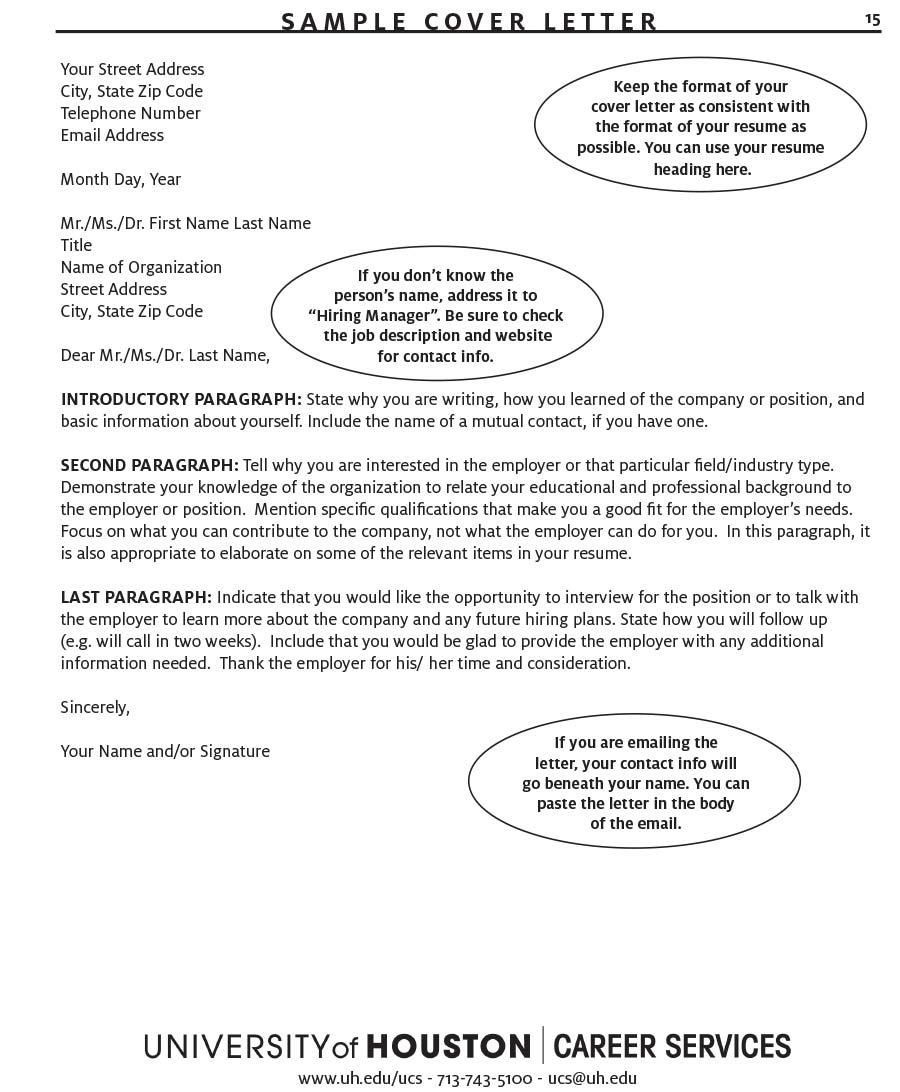Get Resume Support
Resume
A resume is a formal document that highlights your relevant professional experiences, education, skills, volunteer activities, and honors. It is used to apply for jobs or internships, showcasing your qualifications and achievements to potential employers.
Resume FAQs
- Watch the Resume Workshop on the CoogCareers YouTube Channel for expert tips and guidance.
- Upload your resume to VMock Smart Resume for 24/7 feedback and instant suggestions for improvement.
- Enhance your resume by incorporating powerful words from our action verb list.
- Tailor your resume specifically to each job or internship posting to stand out to employers.
Generally, include the last 10-15 years of relevant experience. (Alumni)
Currently enrolled students, include 3-5 years of experience.(Unless you're a freshman, exclude nonrelevant high school experience and activities)
List your work experience in reverse chronological order, starting with your most recent job. Include your job title, company name, dates of employment, and key responsibilities and achievements.
No, references should be listed on a separate sheet and provided upon request.
Curriculum Vitae (CV)
A curriculum vitae, or CV, is traditionally used in academic settings. It tends to be multiple pages and is typically used when applying for graduate or professional school, research positions, academic roles, or grant proposals. While historically reserved for those with doctoral preparation, more employers are now asking for CVs from candidates with a master’s or even a bachelor’s degree. Only use a CV when specifically requested.
CV Resources and Tips
- Sample CV
- Resume to CV worksheet
- Only use a CV when specifically requested.
- Consult with your faculty member/advisor to ensure the format is customized to your discipline.
- Review a variety of CVs, related to your field, to develop your personal style and understanding.
- A CV should be 2-4 pages in length.
- If seeking positions abroad, please note international CVs are different. Please, refer to specific country guidelines and preferences.
Cover Letter
Cover letters serve as a written introduction of yourself expressing interest in a position within an organization. Cover letters are tailored for each position and highlight specific skills and abilities that relate to the job description.
Not sure where to start? Try our Cover Letter Worksheet to brainstorm ideas.
Want to meet with someone about your resume?
Schedule an appointment with a career development specialist through Cougar Pathway.
Please allow 12-24 hours for appointment approval. Once approved, you'll receive a confirmation with the meeting details.
